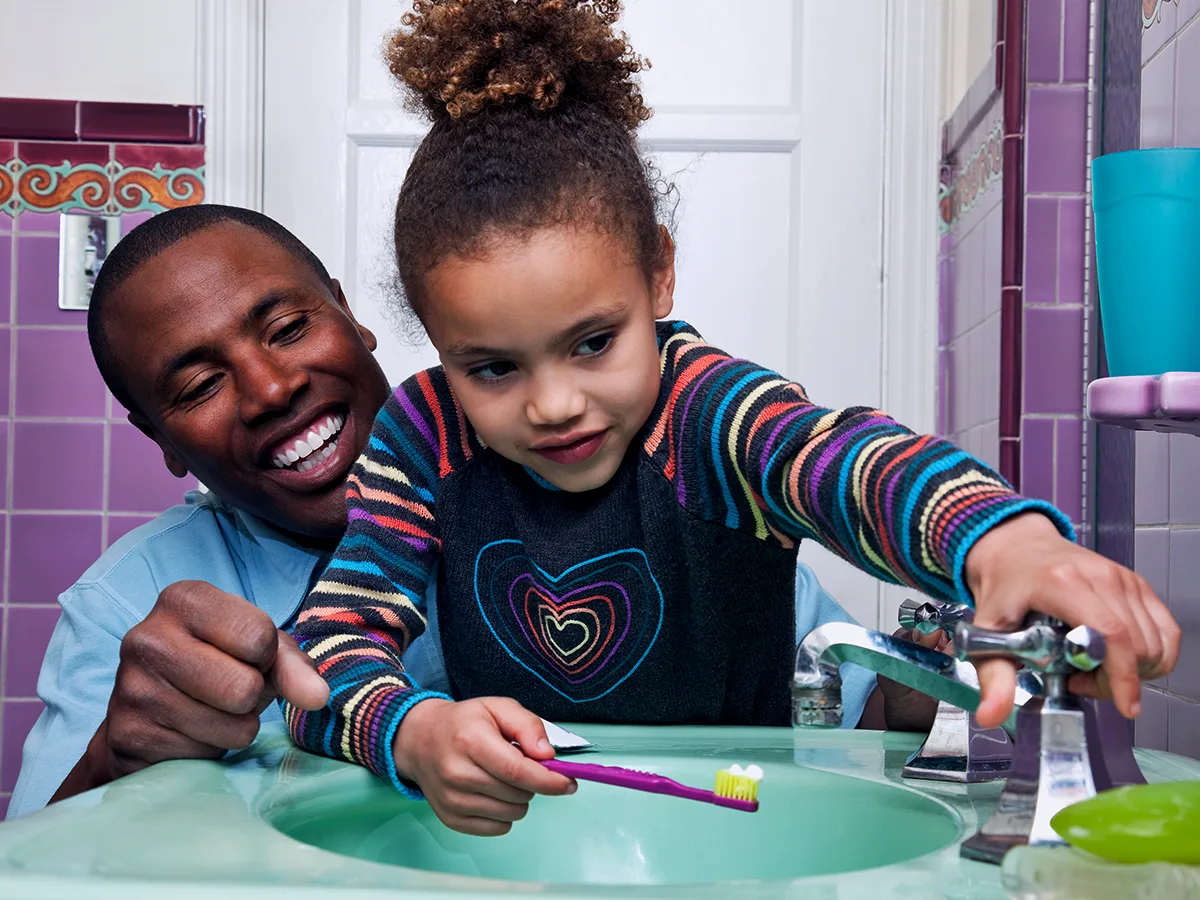5 smart summer routines for kids with ADHD

At a glance
Schedules and routines tend to become more relaxed during the summer.
Kids with ADHD benefit from structure.
Routines can be carried over to summer without sacrificing fun.
The routines of the school year often fall by the wayside during the summer. In some ways, that’s a good thing. Kids (and parents) need a break from the pressures of the school year. But for kids with ADHD, ditching routines entirely can create challenges — and make it harder to return to school in the fall.
Kids with ADHD tend to do better with structure and routine in their daily lives. Routines help them to stay on track and strengthen important executive function skills like organization and planning. It’s important to keep that going even when your child is enjoying a break from school.
Here are five key routines to keep up with over the summer.
1. Practice good hygiene.
Good hygiene can be a challenge for some kids with ADHD. And the relaxed days of summer (sleeping in, not having to get dressed for school) can make it harder for kids to keep up. Kids may forget to brush their teeth, take a shower, and put on deodorant.
Help your child remember to practice good personal hygiene by maintaining clear routines. You might have a routine that teeth are brushed first thing in the morning, no matter what. If your child struggles to remember, try setting a reminder on your tablet or phone. Or write it down on a sticky note and place it where your child will see it.
2. Maintain a bedtime routine.
Healthy sleep habits are important year-round. Your summer schedule may be different, with later bedtimes and wake-up times. But there should still be a routine with a consistent bedtime. And you’ll still need a rule about when screen time needs to end, along with a routine for getting ready for bed — washing up, brushing teeth, etc. It may help to work with your child to create the summer version of this routine, so there’s more buy-in.
3. Schedule time for exercise.
Many kids with ADHD have trouble with hyperactivity. Staying active during the day can help them use up energy. Build physical activity into your child’s summer routine. Maybe there’s something you can do together on a regular basis, like taking a walk after dinner. Active play, like tag or sports, will help your child get a good night’s sleep.
4. Keep (some) screen time limits.
More downtime during summer break can easily turn into more screen time. Avoid this by establishing clear limits on how much time your child is allowed to spend on devices. It’s OK if it’s more than you allow during the school year. Just make sure there are reasonable limits and that your child understands them.
Also, keep in mind that looking at screens can have a disruptive effect on sleep, especially if you look at them in the evening. Even if your child has a later bedtime in the summer, make sure there’s a break between screen time and bedtime.
5. Work on school skills.
Kids should keep learning throughout the summer break. Without practice, kids can experience setbacks in reading, writing, math, and even organization skills.
But practicing skills doesn’t have to feel like homework. Keep it fun and engaging. For example, you might ask your child to read a book and find a fun way to sum up each chapter. It could be a song, a written summary, a performance, a poem, or a drawing.
Learn summer hacks to keep kids with ADHD on track. Get tips for preventing summer slide. And check out summer learning apps for tweens and teens.
Key takeaways
Summer break is a good time to continue building important skills with your child.
Practice reading, writing, and math skills, to help prevent “summer slide.”
Try to set aside time for outdoor activities.



